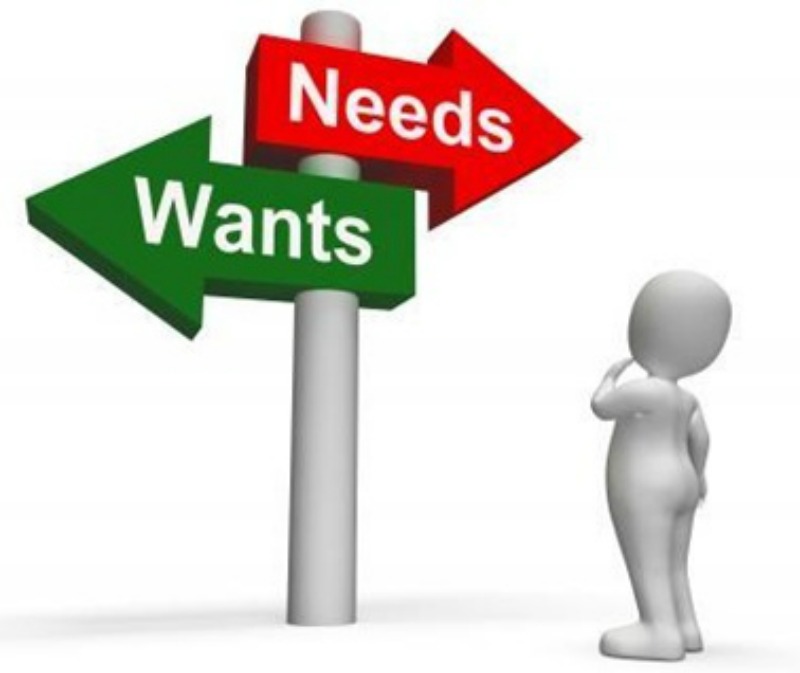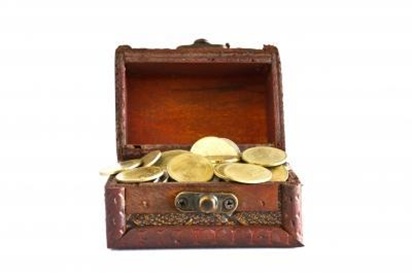Got Any Idea On What To Do With Your Income? Here Are Some Suggestions
An excellent plan on how to manage one’s income is very important. It involves budgeting, saving, investing, among others. Good budgeting starts with a clear understanding of the difference between needs and wants. Needs are those things in life that are necessary for survival, which mostly pertains to food, shelter, and clothing. Wants are simply the things that you like to have or just even prefer to have.
A want might actually be a need by nature. But, if it becomes something that can temporarily be given up because of certain constraints such as time, cost, etc., then it ceases to be a need. A good example is clothing which is, as previously mentioned, a basic necessity. If current funds do not permit it, a person might just need to settle for an inexpensive type over branded type of wear, which is usually pricey. Here, a person’s choice in which to purchase, determines whether clothing becomes a need or just a want. A clear understanding of such matters is essential for proper budgeting.
Once identified, needs are to be prioritized based on their importance and urgency. Prioritization of needs normally follows the order of food, clothing, and shelter. The last two (2), however, are usually more interchangeable in the sequence, depending on one’s current life situation. Budgeting food expenses can be based on the number and/or frequency of meals one takes per day, week, and month. In planning for clothing expenses, one may want to consider his/her needs for them on a weekly or monthly basis. And when budgeting for shelter, he/she might want to consider, on a monthly basis not only rent and/or mortgage dues but that of house maintenance and similar expenditures.
Practice Saving and Keep Your Money Safe.
Most people keep their financial assets in a bank account. Some even have multiple ones and in various banks to ensure further security. Though there are established and reliable banks doing this for their clients, there might still be places where such financial institutions are not present. So the question “Where can I keep my money?” might be asked.
There several alternatives, where you can put your money, depending on your objectives – saving, earning, investing, etc. These alternatives include but are not limited to safety deposit boxes, precious metals, and credit unions. Others simply decide to just keep money at home. As the expression goes “I keep cash under my mattress.”
This expression sprang forth from the long-time practice done my many, saving their money and tucking them under their beds. The “mattress,” in this expression, however need not be confined to its literal meaning as this can also include other objects and/or areas in your home where money can be securely kept. Examples of these are small cracks under your floor, walls, windows, and ceiling. Other hiding places are between pages of books, behind the freezer, inside PVC pipes, among others.
However, there should be extreme caution when doing this since, putting all one’s finances under one roof can be very risky. Untoward incidences such as fire, storms, etc., can destroy one’s place of residence and wipe out everything found in it. It is advisable to set aside only a small portion of your earnings for this purpose, spreading this amount in various “mattresses” in your place. Be inconspicuous about this, not marking the spots but remember where you put them. Finally, use these funds for emergency measures only.
One’s objectives are indeed important in determining where to keep his/her money and come up with a good plan of how to use it. Keeping cash at home does allow him/her to save money for emergency situations. Storing one’s financial resources in the bank or in banks does give a certain degree of security, accessibility, and even earning interest. Other alternatives, however, not only can keep your funds but can also make your money “work” for you.
Investing Makes Your Money “Work” For You.
Others invest in real estate, wherein their money increase as the price of land appreciates. Others invest in bonds and stocks wherein they benefit if and when debts are paid by institutions in the former and company shares improve for the latter. Another good way of making your money “work” for you is by engaging in foreign exchange trading or what is commonly called forex trading. The objective of which is to exchange one currency for another in the anticipation that the value of the currency purchased will change – to a value higher than the one you sold.
Take Charge!
Many have fallen prey and have become impulse buyers, who are now sinking in debt. But this need not be the case. An excellent income management plan calls you to take control of your credit cards by using them for emergency situations only. A good way to avoid incurring expenses due to the unnecessary use of credit cards is by not bringing these cards to places where you might be tempted to use them, such as shopping malls, restaurants, etc. If you plan to use them, however, make a list of these “to be purchase items” and stick to this list. Also, set in advance a target date to give your credit dues and pay them immediately.
For someone who is easily tempted to use such cards, it might be advisable to keep them “out of his/her reach.” Instead of putting them in the wallet, drawer, table, and other similar objects and/or locations put them where it will entail you extra effort in accessing them. These include, but are not limited to high above a dusty attic, a huge luggage bag full of clothes, and a trusted person who will keep it for you. For extreme cases, however, one may just opt to stop using these cards if he/she has a difficult time controlling himself/herself from using them.
An excellent plan on how to manage one’s income is indeed very important. It involves budgeting wherein a clear differentiation of needs and wants is crucial in planning well. It is important to keep one’s finances safe as well. This can be done in various ways – securing them “under the mattress” or at home, keeping them in the bank, and even investing them to earn you additional revenue. Lastly, excellent income management requires taking charge of one’s credit cards, thereby controlling debts and ensuring payment of dues.
Photo Attribution:
Featured and 1st image by Stuart Miles / freedigitalphotos.net
2nd image by Stoonn / freedigitalphotos.net
3rd image by vectorolie / freedigitalphotos.net



